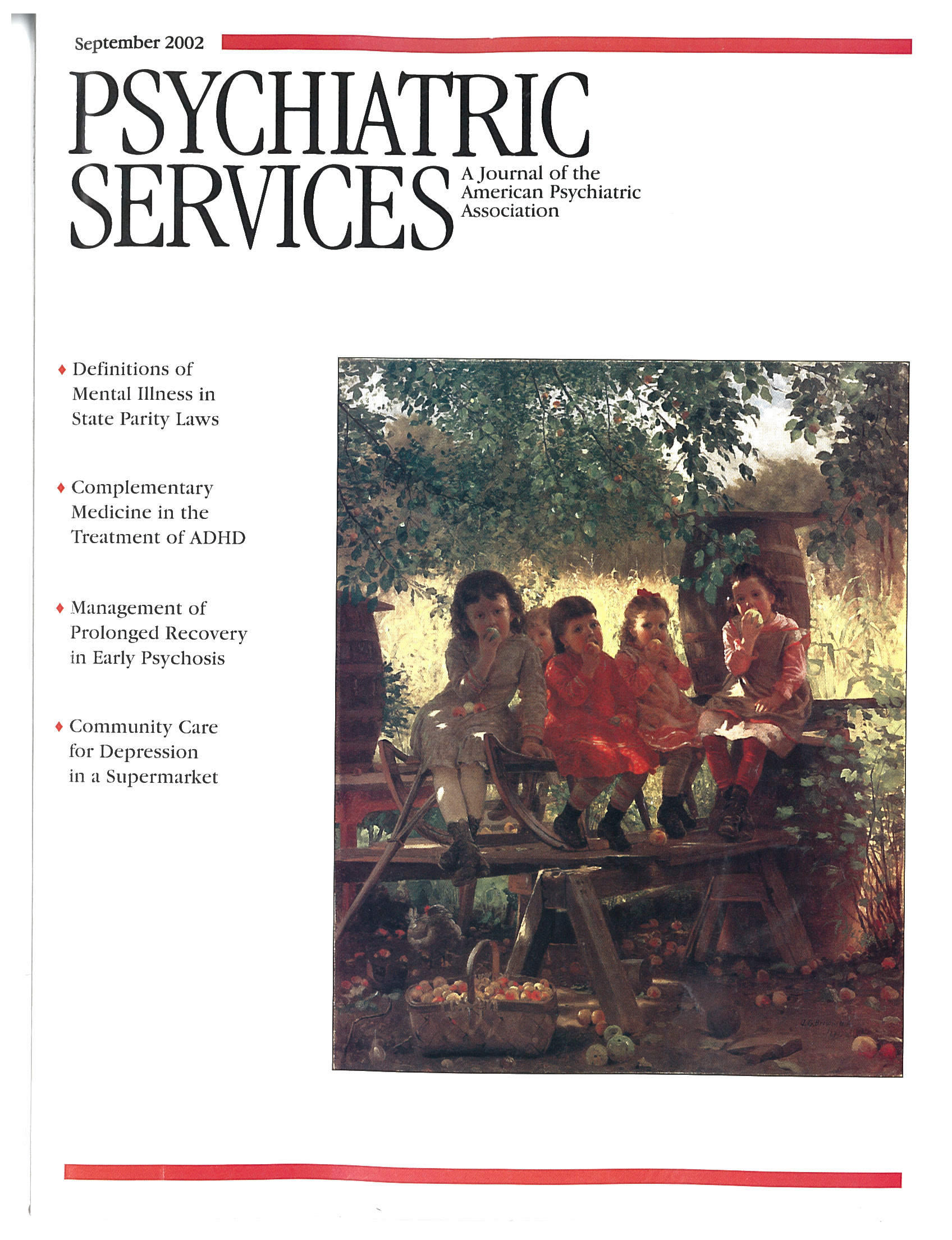One might guess from its title that the Handbook would be a welcome resource to readers of Psychiatric Services. Working as we inevitably must at the interface of numerous agencies, and needing to communicate about matters both complex and urgent, anything we can learn about organizational communication would serve us well. As a psychiatrist working in the field of organizational consultation, I was particularly interested in what this book might have to offer.
Alas, it is not what I'd hoped for. Currently in its second edition, the Handbook was designed and written by and for the relatively closed community of academic scholars in the field of communications, and the subfield of organizational communication in particular.
The language is by and large highly theoretical, with an emphasis on research, research design, and metatheoretical constructs in the communications field. The writing is passionately referenced—one chapter of 42 pages of text is supported by 15 pages of references—and the vast majority of referenced sources represent other scholarly papers in the same and closely related fields.
This makes for reading that, for me, a foreigner to this particular community, is often interesting but almost invariably dense and slow, with few links to other bodies of theory and practice. Several chapters were more accessible: "Globalizing Organizational Communication"; "Participation and Decision Making"; "Learning in Organizations"; and "Organizational Entry, Assimilation, and Disengagement/Exit." I would recommend these chapters to the reader who has an interest in these particular topics.
I found myself hoping to find a chapter that would comment on the phenomenon by which organizations develop what are essentially private languages—the reasons for this practice, its consequences, and so on. I wondered whether the chapter on organizational culture might take this direction; it did not.
The Handbook should not particularly be faulted for its relative inaccessibility. The same complaint might be made of our treatises on psychoanalytic theory, neurotransmitters, and other technical matters. It just so happens that the publishers of the Handbook were more ambitious than judicious in their search for readership.
What is unfortunate is that there are so few efforts, by the leaders of any field, devoted to translating the key constructs from their own body of social science for colleagues in other areas. The work of translation is often tacitly devalued, seen as "dumbing down" a given field rather than advancing interdisciplinary dialogue. What kind of organizational communication is this? It implies a definition of scholarly excellence that emphatically values narrowness of focus over breadth of field.
We are left learning in silos, talking to ourselves. To the extent that such a practice defines scholarship, scholarship and wisdom part company.

